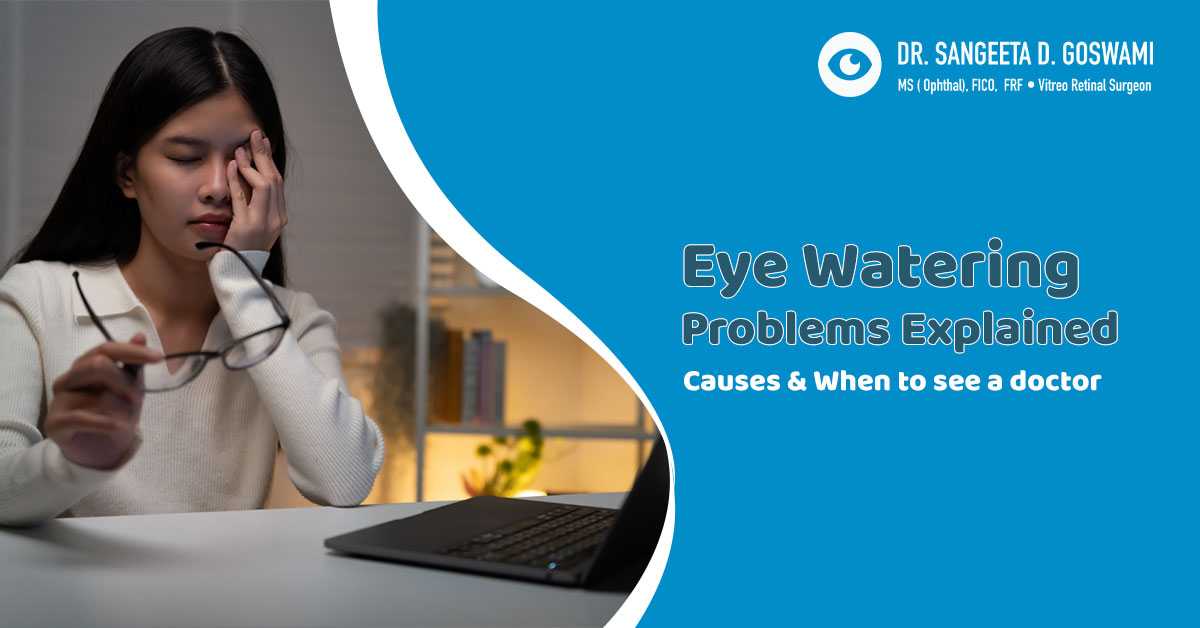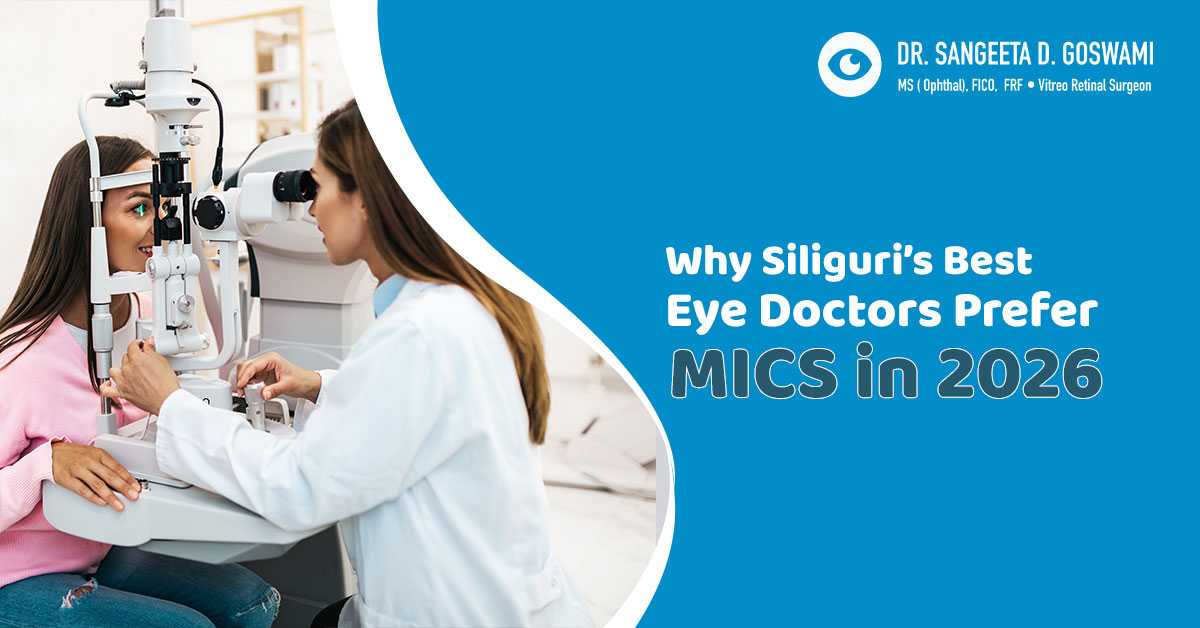Your eyes work tirelessly every single day, from the moment you wake up to the moment you fall asleep. Yet, they’re often the part of your body you care for the least. In today’s world, where long screen hours, pollution, and hectic schedules have become the norm, it’s easy to forget how much stress your eyes endure. If you’re someone who spends most of the day on devices or outdoors, learning a few simple eye care habits can make all the difference.
Leading specialists across India, including the best eye specialists in Siliguri, often say that maintaining healthy eyes doesn’t require complicated routines, just small, consistent steps. Let’s explore five essential eye care tips that experts recommend to keep your vision clear and your eyes comfortable for years to come.
1. Give Your Eyes a Break from Screens
Be honest, how long do you spend looking at a screen each day? Between work, phones, and Netflix, it’s probably more than you think. Our eyes aren’t built to focus on digital screens for hours, which is why so many people experience tiredness, dryness, and headaches, a condition often called digital eye strain.
The easiest way to prevent this is the 20-20-20 rule: every 20 minutes, look at something about 20 feet away for 20 seconds. It’s a tiny change, but it lets your eyes relax and refocus.
A few more quick fixes that help a lot:
● Blink more often, it naturally keeps your eyes moist.
● Keep your screen about an arm’s length away.
● Adjust the brightness so your eyes don’t have to strain.
● Use blue light filters or anti-glare glasses if you work on computers all day.
Your eyes will thank you, trust me, even short breaks can make a huge difference.
2. Eat Foods That Support Good Vision
You’ve probably heard people say, “Carrots are good for your eyes.” Turns out, they’re right, but they’re not the only ones. Your diet plays a major role in how healthy your eyes stay over time.
Nutrients like vitamin A, C, and E, along with omega-3 fatty acids and antioxidants, help protect against conditions like cataracts, macular degeneration, and dry eyes. Try adding these foods to your meals:
● Leafy greens like spinach, kale, and broccoli
● Bright veggies like carrots, pumpkin, and sweet potatoes
● Citrus fruits for a boost of vitamin C
● Fish like salmon and tuna for healthy fats
● Nuts and seeds for vitamin E and zinc
Also, staying hydrated is key. Dehydration can make your eyes feel tired and irritated. And if you have diabetes or high blood pressure, managing those conditions will help protect your eyes too.
3. Protect Your Eyes from Sunlight and Dust
We often forget that our eyes need protection, not just from screens, but from the sun and our surroundings. In a place like Siliguri, where sunlight can be strong and dust is common, a little extra care goes a long way.
Make it a habit to wear UV-protective sunglasses whenever you’re outside. Too much exposure to UV rays can increase your risk of cataracts and other eye problems over time.
If you’re in a dusty area or working outdoors:
● Wear protective glasses to shield your eyes.
● Avoid rubbing your eyes if dust or particles get in, rinse them gently with clean water instead.
● Use lubricating eye drops if your eyes feel dry or itchy.
Your sunglasses aren’t just a style statement, they’re one of the simplest tools to keep your vision safe.
4. Don’t Skip Regular Eye Check-ups
Here’s something many people overlook: even if your vision seems fine, you should still get your eyes checked regularly. Eye problems don’t always show early symptoms. Conditions like glaucoma or diabetic retinopathy can develop quietly, and by the time you notice something’s wrong, they may already be advanced.
Regular check-ups help your eye doctor catch these issues early, when treatment is most effective. Most adults should have an eye exam every one to two years, but if you already wear glasses, have diabetes, or a family history of eye disease, you may need to go more often.
An eye exam isn’t just about checking your power, it’s a full health check for your eyes. It helps track small changes and ensures your vision stays strong and clear. Think of it as preventive care rather than a reaction to problems.
5. Practice Good Eye Hygiene Every Day
Good hygiene isn’t only for your skin, it’s important for your eyes, too. Simple daily habits can help you avoid irritation, infections, and discomfort.
Here are a few you can start right now:
● Avoid rubbing your eyes, even if they itch. It can cause irritation or tiny scratches.
● Remove makeup completely before bed to prevent infections.
● If you wear contact lenses, always wash your hands before touching them. Replace your lenses as recommended.
● Don’t share eye products like eyeliners or mascara, as they spread bacteria.
● Sleep well and stay hydrated to prevent dryness and fatigue.
If your eyes ever feel unusually dry, itchy, or red, don’t ignore it. A simple consultation can rule out any underlying issues and bring relief quickly.
Small Steps, Big Difference
Eye care doesn’t have to be complicated. You don’t need fancy treatments or expensive products to keep your eyes healthy, just a bit of awareness and consistency. Taking short breaks from screens, eating right, wearing sunglasses, and getting regular check-ups are small actions that can protect your eyesight for years to come.
It’s easy to take our eyes for granted because they quietly do their job every day. But a little attention now can help you avoid discomfort, expensive treatments, or even vision loss later in life.
Conclsuion
Healthy eyes don’t just happen by chance, they’re the result of mindful daily habits. Taking regular screen breaks, eating nutrient-rich foods, protecting your eyes from sunlight, and scheduling timely check-ups can go a long way in preserving your vision
If you’re facing eye strain, dryness, or blurred vision, consult Dr. Sangeeta D. Goswami, one of the best eye specialists in Siliguri, for expert, personalized, and compassionate eye care.






